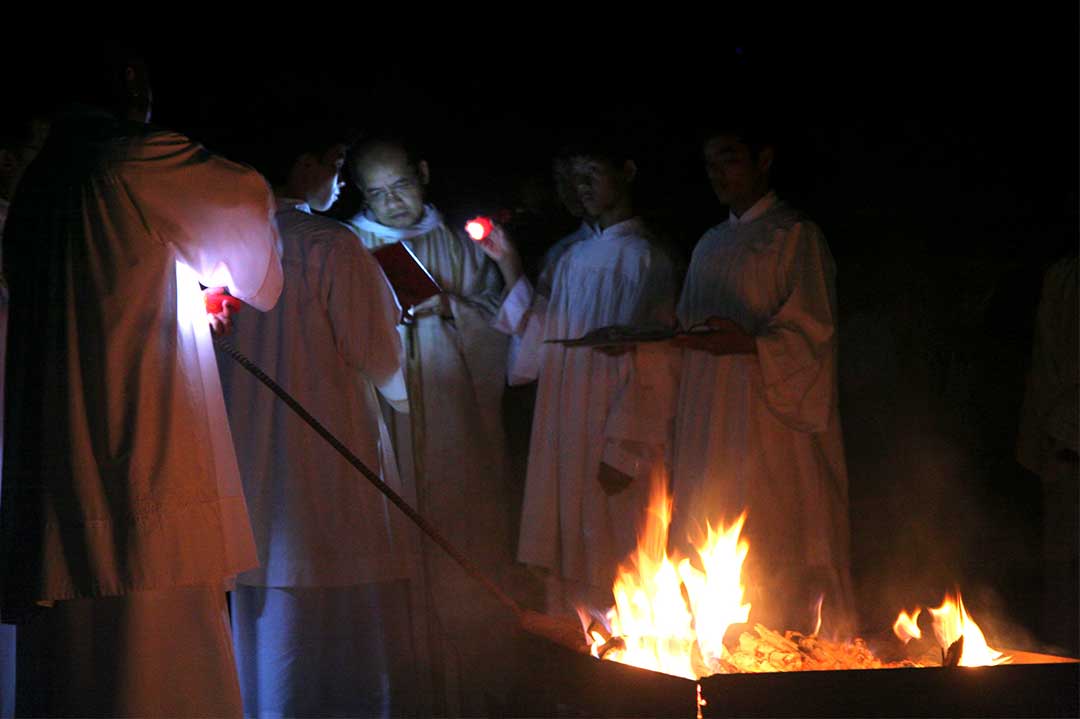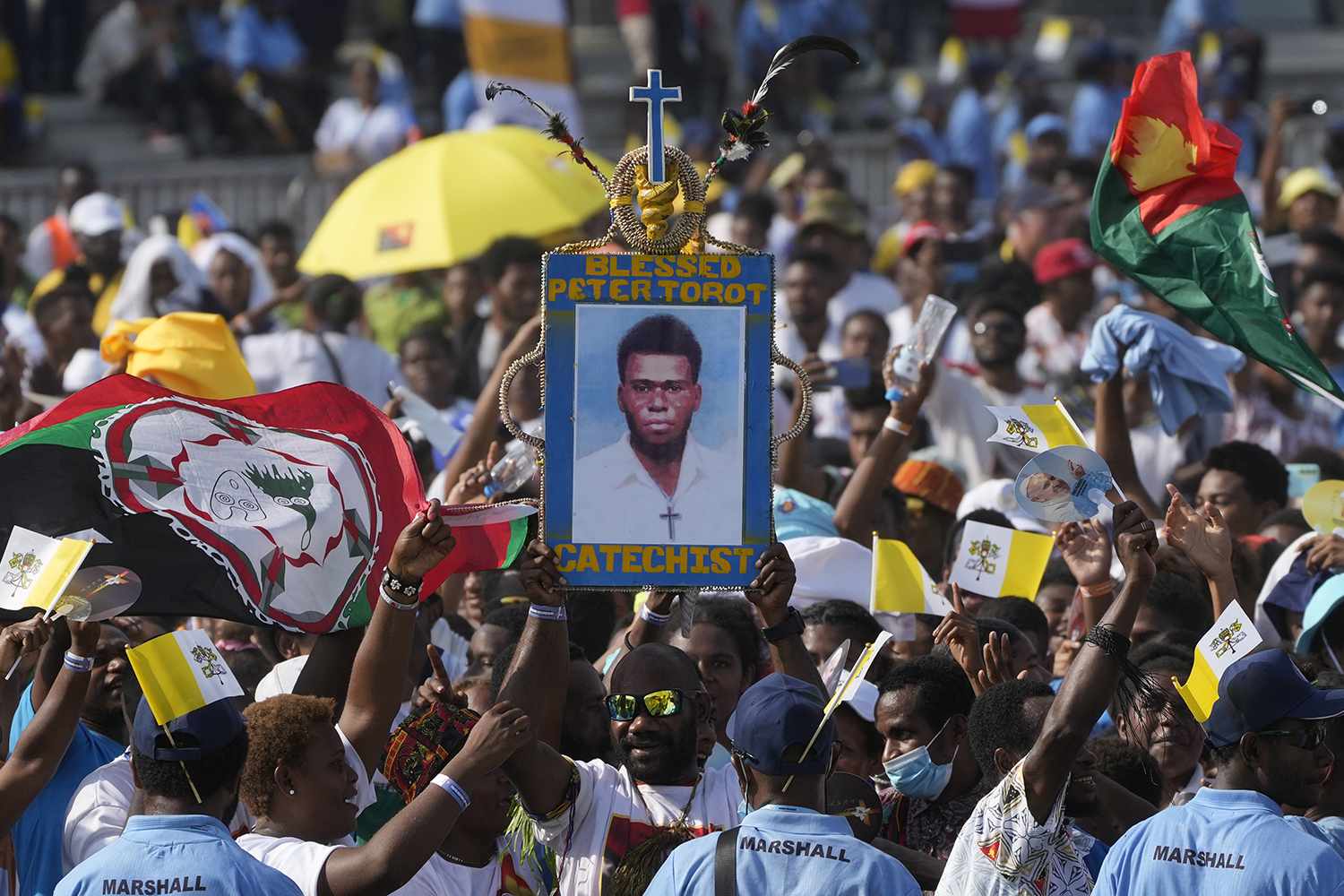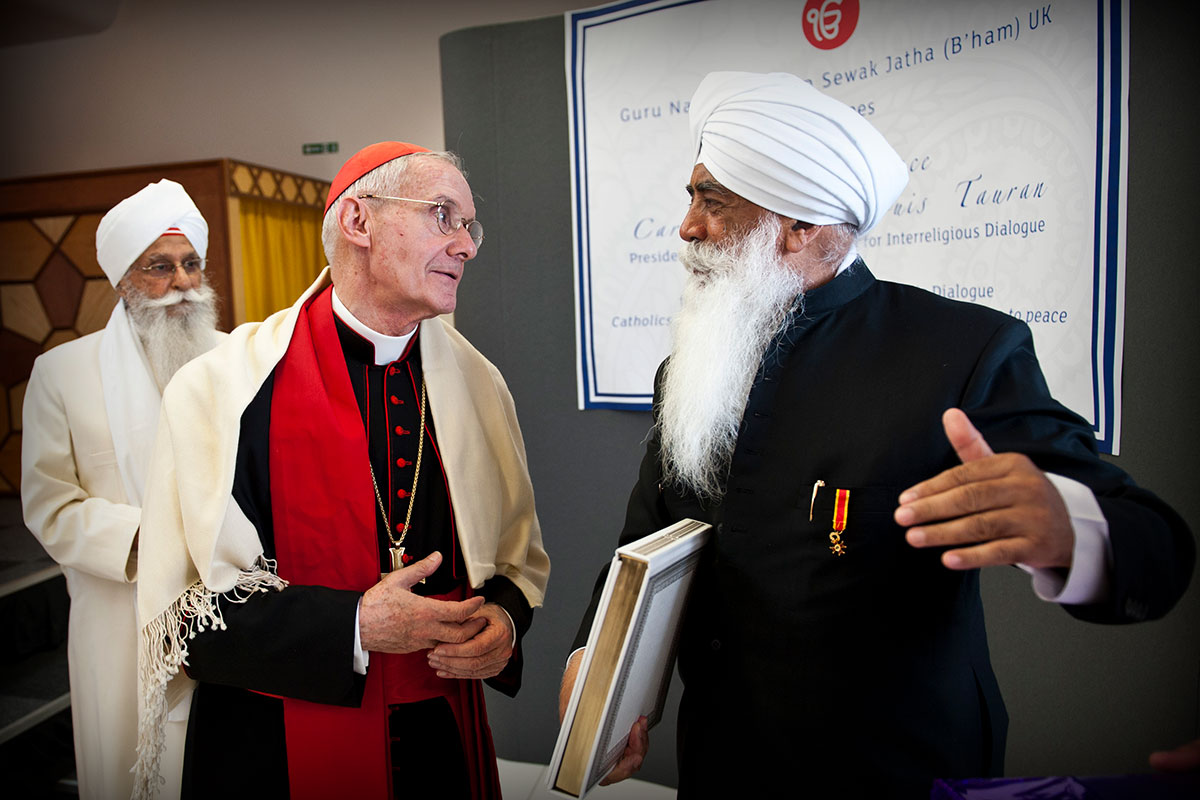Aftermath of the Terrorist Attack in Mindanao
Joaquim Magalhães de Castro
The pain and shock caused by the terrorist attack that hit the Catholic community on December 3 in a predominantly Muslim province on the island of Mindanao will not impede the path of dialogue and the construction of peaceful coexistence in the south of the Philippines. The explosive device detonated during the Eucharistic celebration of the first Sunday of Advent in a sports hall of the state university in Marawi, capital of the province of Lanao del Sur, claimed the lives of four young Catholic students and injured at least 42 other people, seven of whom are still in critical condition in hospital. Such a heinous act, however, and as representatives of the local Church state, will not silence the voices “that have been calling for peaceful coexistence between Christians and Muslims for years”.
Faced with the tragic situation, Dom Edwin Angot de la Peña, responsible for the Territorial Prelacy of Marawi, was quick to highlight “the broad and rapid solidarity” shown by the various members of the local Muslim community. They were the first responders who transported the injured to the hospital, and they are the doctors who are tireless in supporting the injured. Others, more anonymous, have been supporting the families of the victims at such a difficult time. “These gestures give us hope and tell us that brutal and senseless violence will not have the last word, it will not be able to destroy the good works built over many years,” stated the prelate.
The small community of around 40,000 Catholics in the Territorial Prelature of Marawi is accustomed to a “dialogue of life” that shapes daily life in the Autonomous Region in Muslim Mindanao (ARMM), a region with a special status that includes five provinces: Basilan, Lanao del Sur, Maguindanao, Sulu and Tawi-Tawi. Most of the approximately 6 million Filipino Muslims from the south of the archipelago live in the ARMM, who have been demanding forms of autonomy and independence for decades, sometimes through armed rebellions, sometimes contaminated by groups that have chosen the path of terrorism, such as Abu Syyaf and others lesser known. There, Christians live in a minority, considering themselves, despite all obstacles, “seeds of peace and hope in society”.
The attack on December 3 was carried out by radical Islamists as retaliation for the military operation that two days earlier had eliminated eleven fighters from the terrorist organization “Dawlah Islamiya-Philippine”, and took place precisely in the middle of “Peace Week”, a week of action in which the desire for peace is celebrated throughout the island of Mindanao with public demonstrations, dialogue meetings and prayers. “They hit us right in the heart, during the Eucharist, the culmination of our faith,” said Bishop De la Peña, “but even in moments of anguish like this we never stop feeling the presence of the Lord”.
As a precaution, the usual processions for the Feast of the Immaculate Conception on December 8 did not take place. Alternatively, the faithful placed lights and candles on windowsills and prayed the rosary at home. Dom Edwin Angot de la Peña, who will soon meet with other bishops in the region to decide what to do, especially during Advent and Christmas, expressed gratitude for the Holy Father’s evocation of the tragedy in the Angelus. In his message, Francis invoked “the divine gifts of healing and consolation for the wounded and bereaved, combined with prayer that Christ, the Prince of Peace, may give all the strength to turn away from violence and replace all evil with the good”.
The Mayor of Marawi, Majul Gandamra, also called for the unity of his citizens, Christians or Muslims, in the face of the terrorist attack, which aims to incite hatred and feelings of revenge between different communities. “Our city,” he said, “has long been a symbol of peaceful coexistence and harmony, and we will not allow acts of violence to overshadow our shared commitment to peace and national unity.”
Among those involved in interreligious dialogue in the south of the Philippines is Father Sebastiano D’Ambra, PIME missionary (already interviewed by O’CLARIM) and initiator of the movement for Islamic-Christian dialogue “Silsilah” in the city of Zamboanga, which will celebrate its 40th anniversary next year (1984-2024).
Speaking to the Fides agency, he stated: “We celebrate the Week of Action for Peace in Mindanao, full of testimonies and fruitful experiences of Islamic-Christian dialogue. This attack disturbs this atmosphere and causes immeasurable suffering, but it urges us not to abandon this commitment, but, on the contrary, to continue it with greater conviction and intensity. Our experience with “Silsilah” aims to sow and grow a culture and mentality of peace. We live in tragic moments that began with the murder of ecclesiastical leaders such as Benjamin David de Jesus, the Apostolic Vicar of Jolo, murdered in 1997, and numerous other missionaries. The presence of these martyrs continues to be a blessing and an encouragement on the sometimes difficult path towards peace in Mindanao. We will not be discouraged as today we have many Muslim brothers and sisters who walk side by side with us.”


 Follow
Follow


